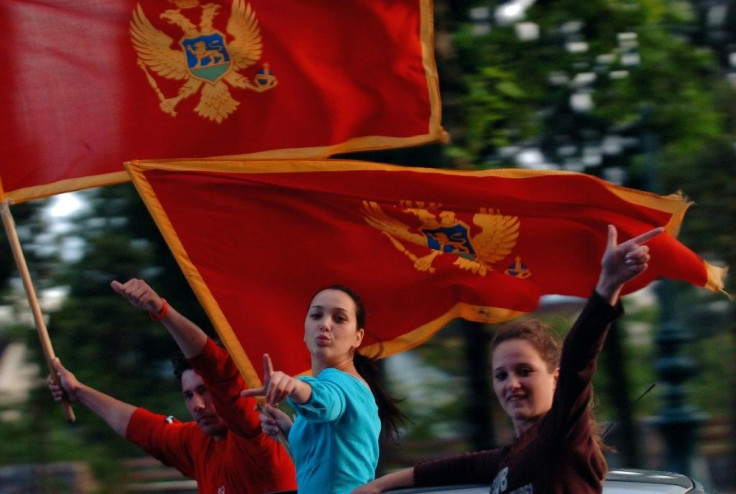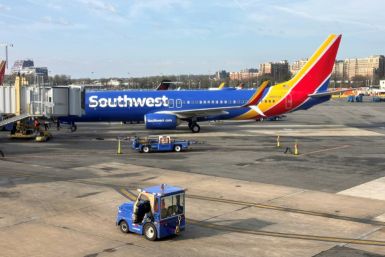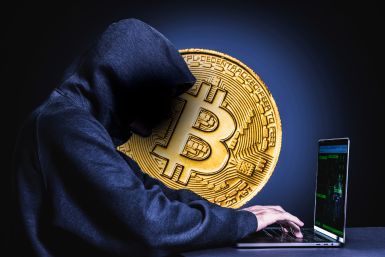Montenegro, Serbia Expel Each Other's Ambassadors
Montenegro and Serbia on Saturday expelled each other's ambassadors, both countries' foreign ministries said, in a move likely further to strain already tense relations between two former Yugoslav republics.
Podgorica declared Serbian ambassador Vladimir Bozovic persona non grata for "interfering in Montenegro's internal affairs", a foreign ministry statement said citing remarks he had made about history.
Serbia then said Montenegrin envoy Tarzan Milosevic had been given 72 hours to leave.
Montenegro proclaimed independence from Serbia in 2006, but tensions around national identity are still haunting the tiny Balkans nation.
Bozovic on Friday labelled a 1918 assembly -- which decided Montenegro should lost independence and join Serbia and become part of the Kingdom of Serbs, Croats and Slovenes -- a "liberation".
It was a "free expression of people's will to unite with fraternal Serbia", he told a meeting of an association representing Montenegrin Serbs.

"Bozovic in the most direct way belittled the state which gave him a diplomatic hospitality," the foreign ministry in Podgorica said.
In 2018, Montenegrin lawmakers adopted a resolution symbolically annulling the decisions of the 1918 assembly.
Relations between the two neighbours further strained since three opposition coalitions -- dominated by the pro-Serb nationalistic camp -- won a majority in an August election.
After the election, supporters of the pro-Serb coalition gathered for days in the thousands to celebrate, waving Serbian flags and chanting nationalistic songs.
The vote came in a year that started with large protests over a law that could give Podgorica the ownership of monasteries run by the Belgrade-based Serbian Orthodox Church.
President Milo Djukanovic has used the strong reaction to the Church issue to fan fears about threats to Montenegro's independence, accusing church leaders of trying to "Serbianise" Montenegro.
Ethnic Serbs make up 29 percent of Montenegro's population of 620,000, official figures show.
© Copyright AFP 2024. All rights reserved.











